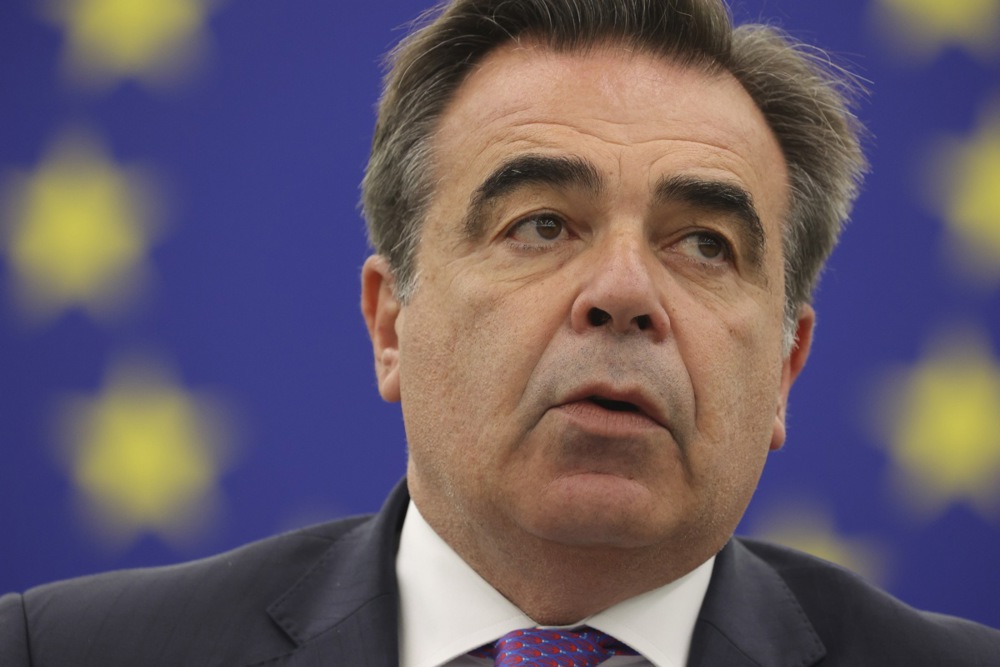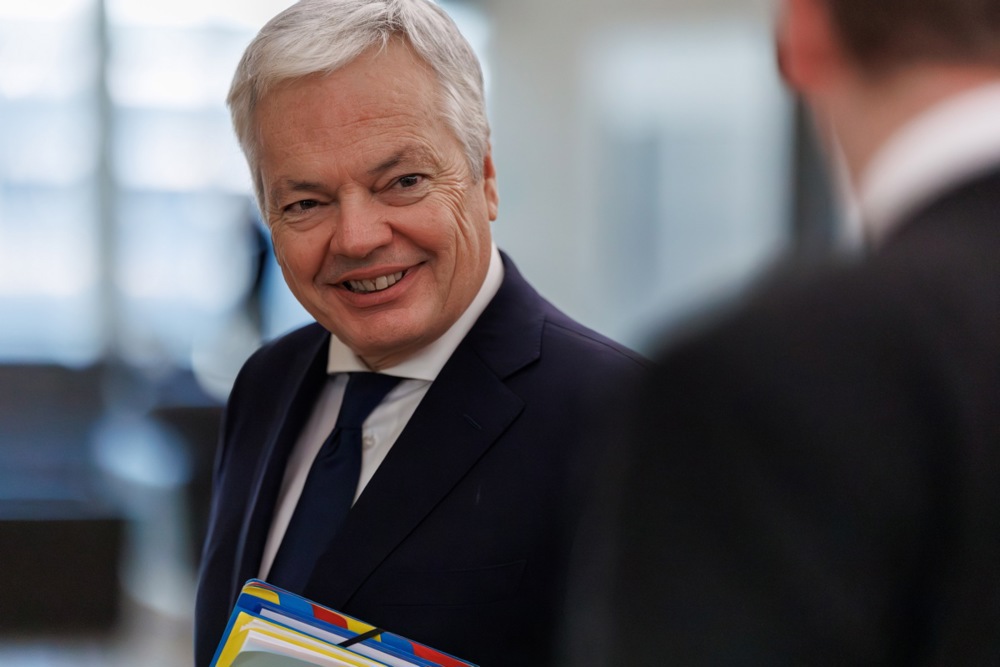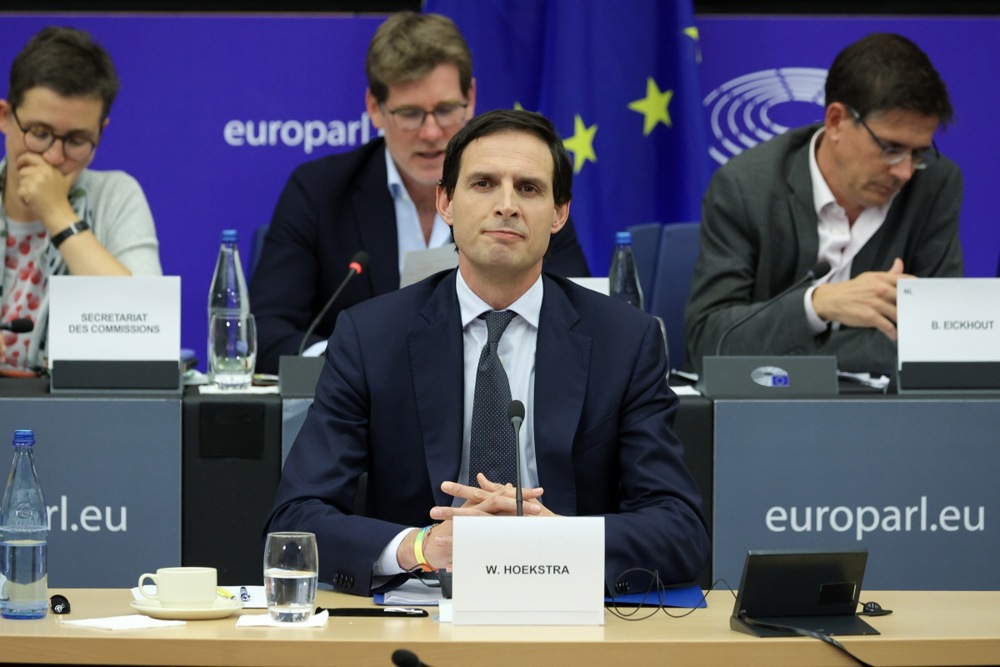Jutta Urpilainen, European Commissioner for International Partnerships, took a brutal beating in the Finnish presidential elections first round.
The Social Democratic Party member, a former Finnish deputy prime minister and finance minister, received just 4.4 per cent of the votes on January 28.
Another former prime minister, Alexander Stubb of the centre-right National Coalition party, and Liberal Green MP Pekka Haavisto, also a former foreign minister, will now go to the second round to determine Finland’s next president.
Stubb and Haavisto were the favourites. Stubb received 27.2 per cent of the vote to Haavisto’s 25.8 per cent.
As no one garnered more than half of the votes, the pair will compete in a run-off on February 11. Stubb has the best prospects of victory, according to observers.
International affairs and diplomacy were high on the agenda in Finland, which joined NATO in May 2022 and is adjusting its stance in the world after Russia invaded Ukraine.
The Nordic nation now is a front-line country, sharing a 1,340-kilometre border with Russia.
In addition to being in charge of military operations and having considerable influence over foreign policy, the Finnish president is meant to serve as a symbol of “social cohesion”.
That may have undermined Urpilainen’s chances, as she has only been campaigning while on EC unpaid electoral leave since December.
It was worth the effort. ? Happy to resume my role as a Commissioner, the work continues. See you in Brussels! ?? https://t.co/TEjXMM50DP
— Jutta Urpilainen (@JuttaUrpilainen) January 29, 2024
She entered the election under the slogan “So that no one is left behind” – but the EC bigwig has been, at least in her home country.
Urpilainen’s emphasis on classic Social Democratic ideals and her vision of a “stronger, more united Europe”, with an emphasis on the importance of “values” in her approach to foreign policy, evidently did not convince Finns.
The new Finnish president will replace the centre-right Sauli Niinistö, who had been head of state for the past 12 years.
Other candidates in the race who came in ahead of Urpilainen included Jussi Halla-aho of the conservative nationalist Finns party. With 19 per cent, he nailed his group’s best presidential election result in history.
Olli Rehn, a former Commissioner and now Governor of the Bank of Finland, ran as an independent and came in fourth with 15.32 per cent of the vote.
Left Alliance candidate Li Andersson received 4.9 per cent, just ahead of Urpilainen in sixth spot.
Voter turnout was around 75 per cent, according to official monitors.
Some observers said that the limitations placed on Urpilainen by being a Commissioner, which only allowed for a two-month leave of absence without pay, hindered her campaign.
It effectively meant her opponents were targeting the electorate directly well before her.
Urpilainen is one of several Commissioners trying their luck outside the bloc lately.
Former so-called “Green Pope” Frans Timmermans left for his home country in the Dutch national elections. Bulgarian Marija Gabriel left her job as a Commissioner to take up the role of foreign minister at home, with the prospect of running for prime minister.
Margrethe Vestager, Executive Vice President of the European Commission for A Europe Fit for the Digital Age, also took off and tried to become the head of the European Investment Bank. After having her wings clipped, she returned to the EC.
The Belgian Didier Reynders, the Commissioner for Justice, had indicated he may be up for a change but, given President of the European Council Charles Michel’s apparent dithering until a couple of days ago, he might have decided to stay put after all.





